- Nigeria’s foreign reserves have increased to a 17-month high of $37.05 billion in July 2024
- The governor of the Central Bank of Nigeria (CBN), Olayemi Cardoso, disclosed this in Abuja on Tuesday, July 23, 2024
- The CBN disclosed that the last time the reserves rose this high was in February 2023
Legit.ng’s Pascal Oparada has reported on tech, energy, stocks, investment, and the economy for over a decade.
Nigeria’s foreign reserves rose to a 17-month high of $37.05 billion in July 2024, a development experts say will boost investors’ confidence.
The CBN said the last time the country’s external reserves rose above $37 billion was in February 2023.
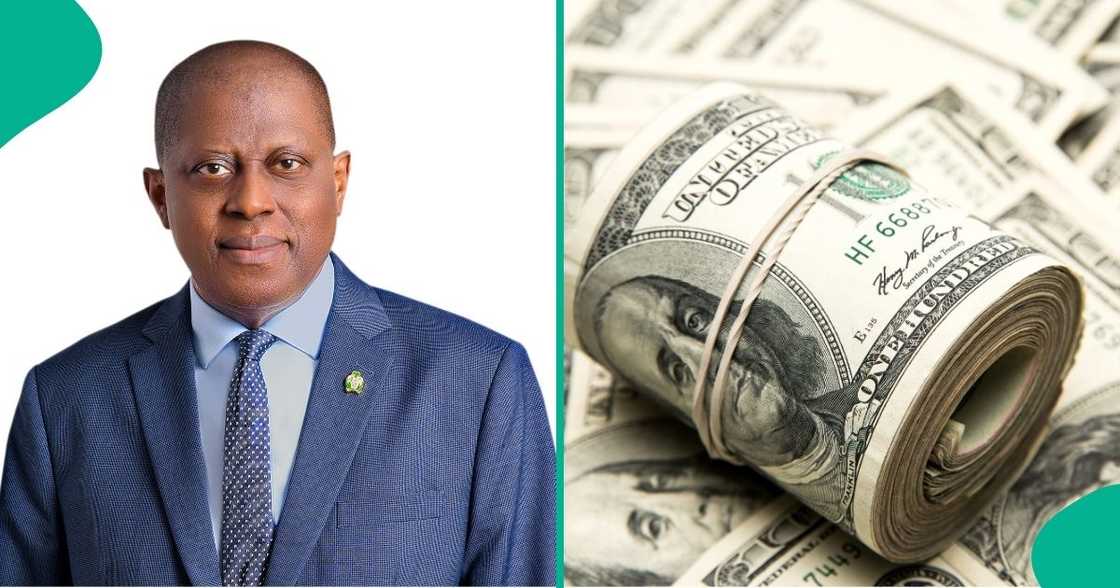
Source: Getty Images
Rise FX reserve to boost investors’ confidence
The governor of the Central Bank of Nigeria (CBN), Olayemi Cardoso, said the amount increased from $34.19 billion in June.
PAY ATTENTION: Share your outstanding story with our editors! Please reach us through info@corp.legit.ng!
The CBN disclosed this after the two-day Monetary Policy Committee (MPC) meeting in Abuja on Tuesday, July 23, 2024.
The MPC disclosed that the rise in external reserves would boost investors' confidence in a more stable foreign exchange rate, asking the apex bank to explore ways to improve inflows, primarily via diaspora remittances.
Cardoso stated that Diaspora remittances surged to $2.34 billion in 2024, compared to $1.8 billion in 2023, and that inflows increased to $38.88 billion from $37.93 billion in May 2024.
Official and black markets finally converge
The CBN boss said there had been convergence in FX rates between the official and parallel markets.
BusinessDay reports that Cardoso said the fiscal authority's policies have aided in moderating food inflation and that monetary policy has positively changed the FX pass-through.
Also, the MPC noted that capital importation rose to $5.92 billion between January and May 2024 from $1.77 billion in 2023.
The Monetary Policy Committee Meeting of the Central Bank of Nigeria (CBN) has increased the monetary policy rate (MPR) by 50 basis points from 26.25% to 26.75.
Olayemi Cardoso, the governor of the Central Bank of Nigeria (CBN), said the continuous increase in interest rates was based on the rise in food and core inflation.
Inflation rate forces interest rate hike
He called on fiscal authorities to address inflationary pressures on the economy.
The CBN adjusted the asymmetric corridor around the MPR from +100/-300 to +500/-100 basis point.
Reports say the MPC left commercial banks' cash reserve ratio (CRR) and liquidity ratio at the same rate.
The MPC stated that the persistent food and energy inflation has piled enormous pressure on the economy and Nigerians.
The CBN boss disclosed that the food crisis in Nigeria has affected the prices of other items.
Nigeria’s inflation rate surges
The National Bureau of Statistics said that Nigeria’s June inflation rose to 34.19%, which analysts say is the highest in 17 years.
According to reports, Nigeria’s food inflation rose to about 40.87% compared to the 40.66% recorded in May 2024, representing 15.62% higher than the rate of 25.25% recorded in June 2023.
Food inflation in June 2024 rose to 2.55% monthly, a 0.26% increase from the 2.28% recorded in May 2024.
Aliko Dangote, president of Dangote Industries Limited, said the continuous increase in interest will disincentivize investors.
Dangote said no investor will come into an economy with an interest rate as high as 30%.
Analysts asked the CBN to halt further increases in interest rates to protect naira.
Foreign reserves gain $262 million
Legit.ng earlier reported that after several weeks of depletion, Nigeria’s foreign exchange reserves have increased marginally by about $262 million in 19 days.
Data from the Central Bank of Nigeria (CBN) reveals an uptick in reserves, closing at $32.369 billion as of May 7, 2024, up from the $32.107 billion recorded in the previous month.
Nigeria’s reserves have experienced a steady decline from $34.45 billion in March 2024 due to falling oil prices, debt servicing, and other CBN obligations.
Source: Legit.ng


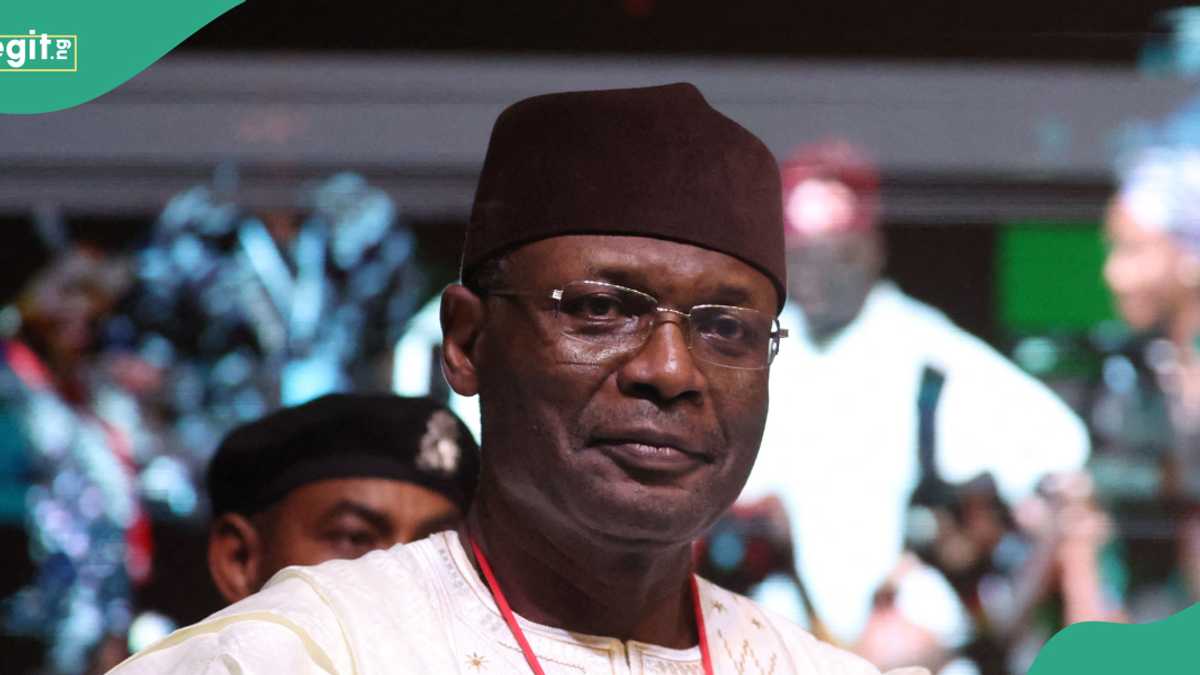
![BREAKING: APC’s Aiyedatiwa Leads With Over 175k Votes In Ondo Election [See Breakdown Of Results]](https://www.naijanews.com/wp-content/uploads/2023/12/Lucky-Aiyedatiwa-1.jpg)

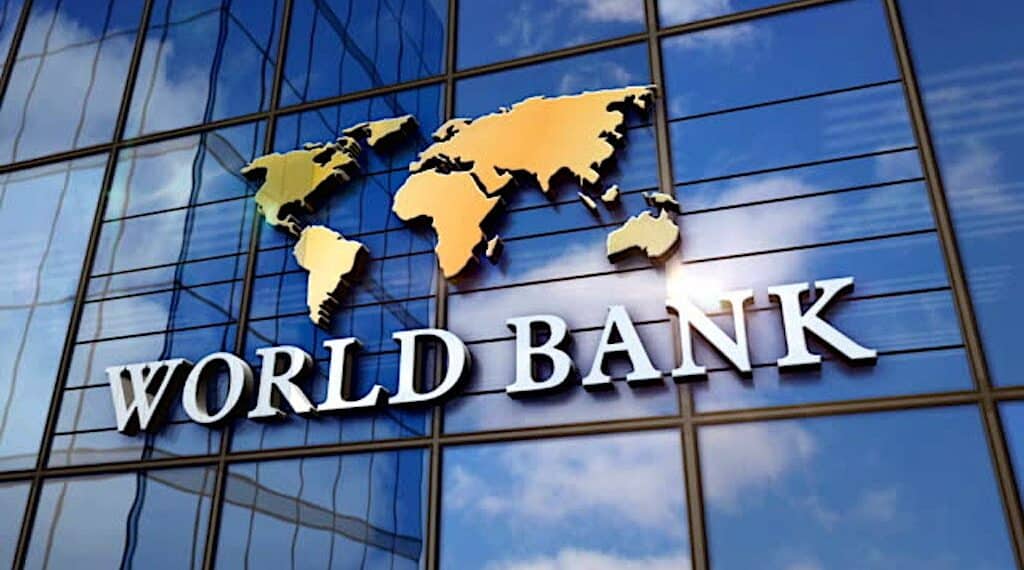


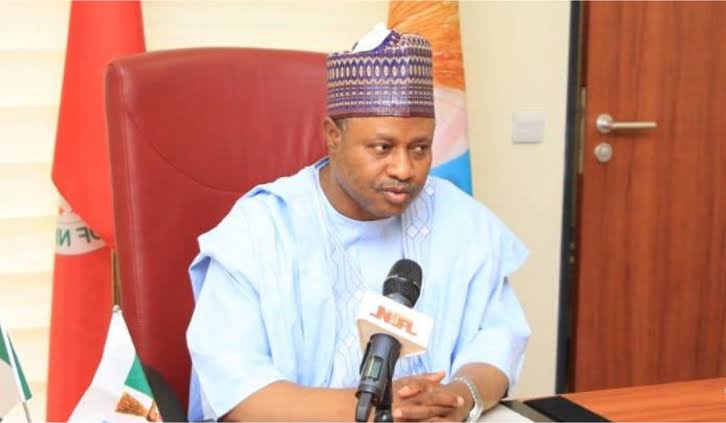




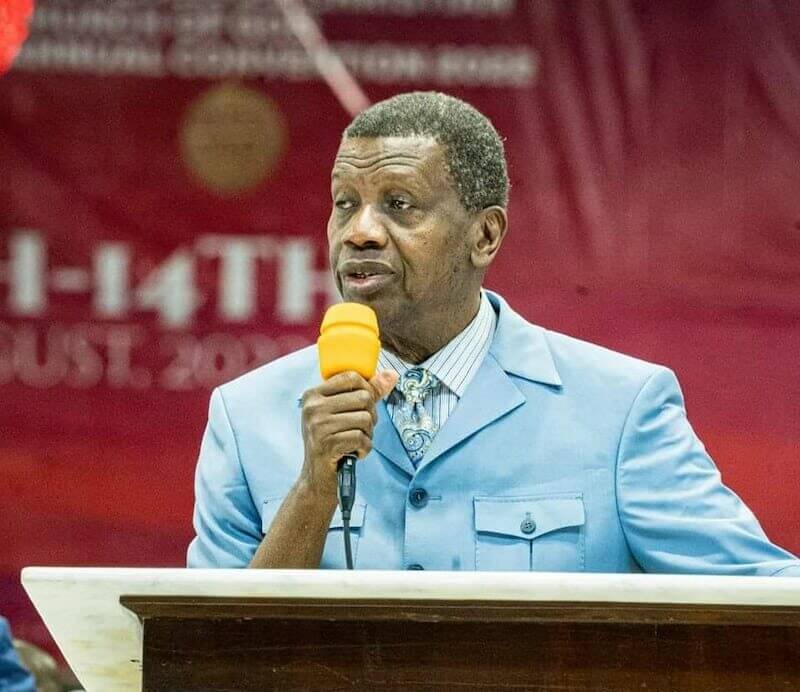


 English (US) ·
English (US) ·